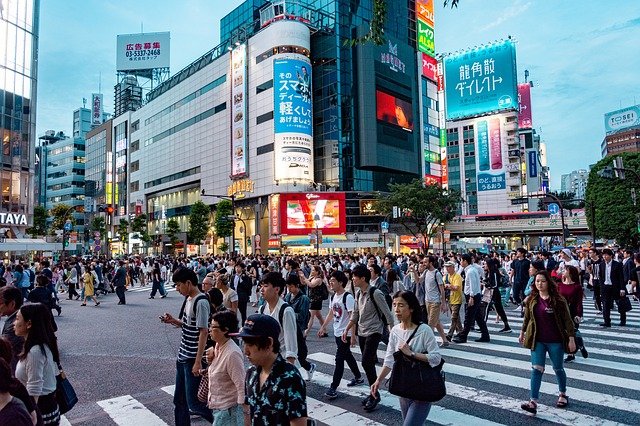July 29, 2022
The impact of China’s rigorous COVID-19 lockdowns, Russia’s war in Ukraine, and a faltering global economy were highlighted by the Japanese government’s reduction in its economic growth prediction for this fiscal year.
The prediction, which forms the basis of the state budget and the government’s fiscal policy, projected substantially higher wholesale and consumer inflation rates as rising oil and food prices as well as a weak yen drive up prices.
In the fiscal year that ends in March 2023, the third-largest economy in the world is now anticipated to grow by about 2.0 percent in price-adjusted real terms, according to projections from the Cabinet Office that were presented to the Council on Economic and Fiscal Policy, the government’s top economic panel.
From the government’s earlier prediction of 3.2 percent growth issued in January, it represented a significant drop. The decrease was mostly caused by weaker exports, which the government anticipates would grow by 2.5% as opposed to 5.5% in the prior assessment.
The administration forecasted 1.1% increase for the fiscal year that would begin in April 2023.
It published its projections days after the Bank of Japan revised its forecast for growth for the current fiscal year, which runs from April 2018 to March 2023, from 2.9 percent to 2.4 percent. This move highlighted the central bank’s position to maintain significant stimulus even as several other economies have begun to raise interest rates to fight inflation. the complete tale
In contrast to the prior projection of a 0.2 percentage point increase, the government predicted that foreign demand will reduce real gross domestic product by 0.3 percentage points for the current fiscal year.
It predicted 2.6 percent overall consumer inflation for this fiscal year as opposed to the 0.9 percent estimated in the prior assessment in January, which includes unpredictable fresh food and energy costs.
As a result of rising food and energy costs, a weaker yen, and higher raw material costs, wholesale inflation was anticipated to be 9.8 percent for this fiscal year, far higher than the 2.0 percent projection made in January.
According to a Cabinet Office official, the increased consumer inflation was not anticipated to have a significant impact on private consumption because increased expenditure on services like travel was anticipated to promote economic growth this fiscal year.
The Cabinet Office predicted nominal economic growth of 2.1 percent for fiscal 2022 and 2.2 percent for fiscal 2023. Estimates of higher nominal growth indicate that the government anticipates higher tax revenues.
Source: Nikkei Asia
Legal Notice: The information in this article is intended for information purposes only. It is not intended for professional information purposes specific to a person or an institution. Every institution has different requirements because of its own circumstances even though they bear a resemblance to each other. Consequently, it is your interest to consult on an expert before taking a decision based on information stated in this article and putting into practice. Neither Karen Audit nor related person or institutions are not responsible for any damages or losses that might occur in consequence of the use of the information in this article by private or formal, real or legal person and institutions.






